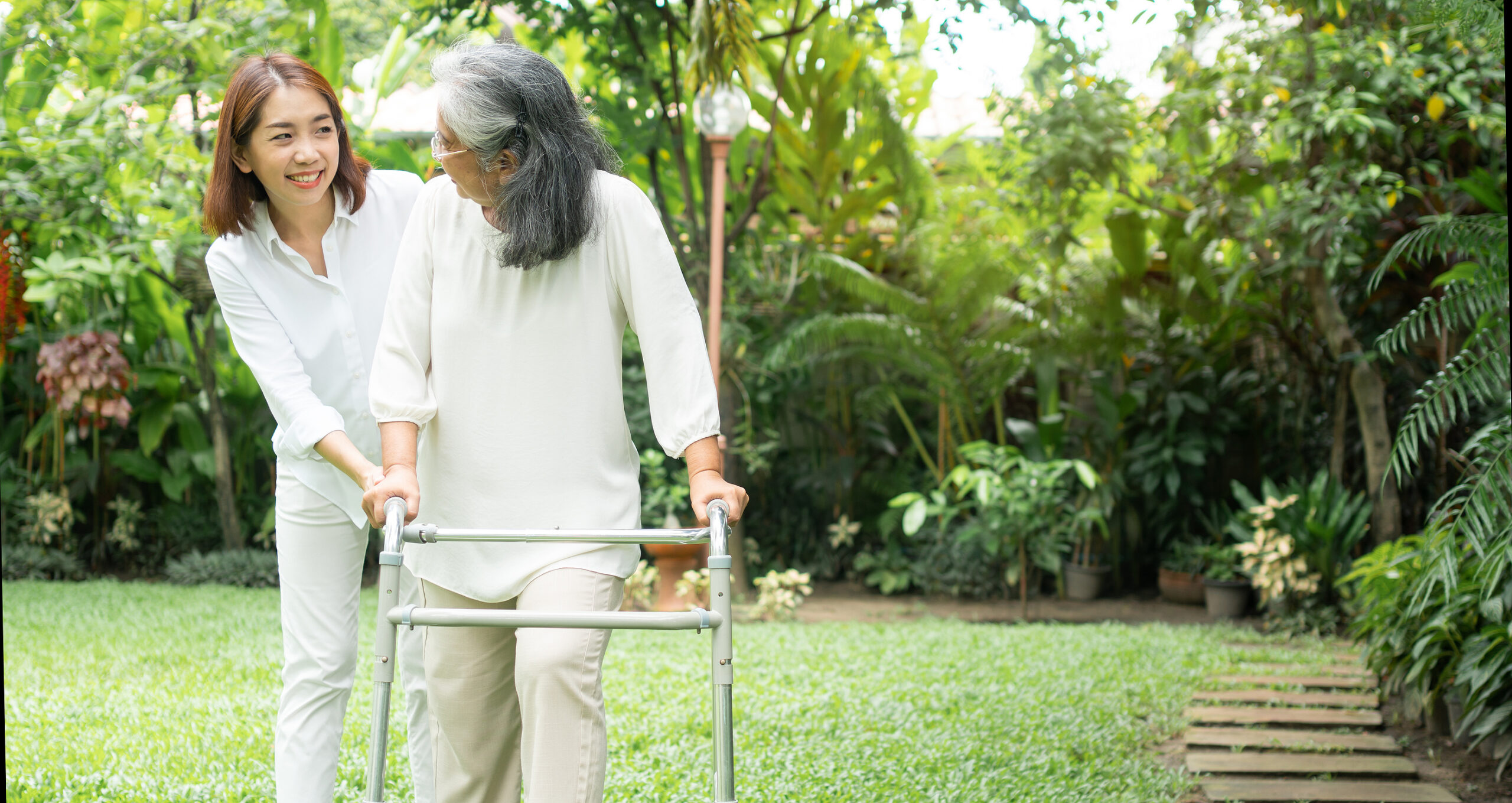What to do When an Elderly Parent Can’t Walk Anymore

Fears of your elderly parent falling can cause you a lot of distress, especially if they live alone. We know there are accessibility options such as wheelchair assistance for parents but what do you do when your loved one refuses to use them? And how can you make their home safer? In this post, we will discuss what to do when your elderly parent can’t walk.
Tips for Helping Your Loved One Who Can’t Walk
There are several things you can do to help out your family member(s) who can’t walk, which include but are not limited to providing accessibility options and offering emotional support. Here are a few tips to get you started.
-
Use mobility aids such as wheelchairs, canes, or walkers.
-
Make your home more accessible by moving furniture around, modifying stairs, removing fall risks, and keeping necessary items on low tables.
-
Provide car rides when necessary to prevent your loved one from driving, which may become more difficult if they have limited mobility with their feet.
-
Hire a physical therapist if your loved one needs help getting back on their feet.
-
Look into support groups for your loved one to find a sense of community among others in a similar situation.
Now we know how to provide your loved one with extra assistance but what do you do when they insist they don’t need help? In the next section, we’ll discuss what to do when your elderly parent refuses to walk with an assistive device, such as a walker or cane.
Encouraging Your Loved One to Use Assistive Devices
You can provide all of the mobility aids and physical therapist options in the world. However, your biggest issue may be encouraging your loved one to ask for assistance in the first place. Sometimes, pride and general stubbornness can prevent your loved one from getting the help they need but you can always provide a little encouragement. Here are some general tips to encourage your loved one to use assistive devices:
-
Ask them to take a balance test under the condition that if they pass the test, you promise not to bring up your fear of them falling again. They may be more receptive if a medical professional suggests they use a walker, cane, or wheelchair.
-
Provide information about the dangers of falling in articles such as this. Learning about these troubling numbers may encourage them to not be another statistic.
-
Point out friends or family members who also use assistive devices to show they should have no reason to feel shame.
-
Make compromises such as asking your loved one to use a walker or cane while at home. Once they realize its usefulness, they may decide to use it more often.
-
Give words of affirmation to show how proud you are of them for using an assistive device and encourage other loved ones to do the same.
-
Personalize their cane, walker, or wheelchair with stickers, decals, stripes, and other touches to make them even more comfortable when using their assistive device.
Subscribe
Date: March 23, 2021


